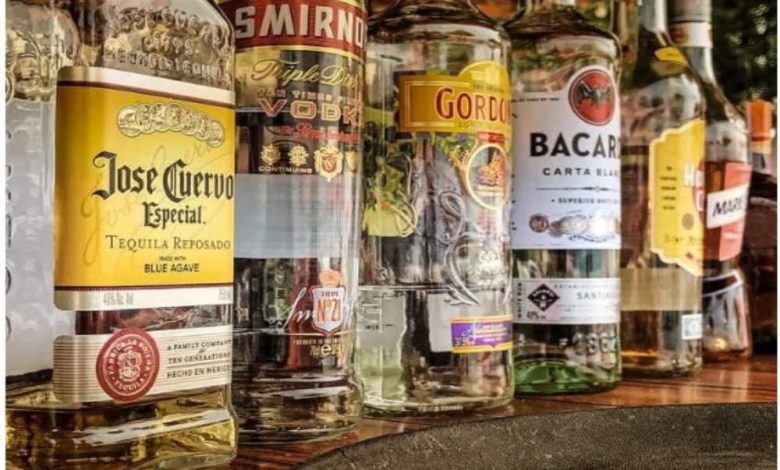Getting a Texas Liquor License: Your Comprehensive Guide
Getting a Texas Liquor License: Your Comprehensive Guide

Obtaining a liquor license in Texas is a crucial step for businesses engaged in the sale, manufacturing, or importing of alcoholic beverages. The regulatory landscape surrounding liquor licenses can be complex, but with the right knowledge and guidance, the process can be streamlined. Martin Frost & Hill, a Texas-based law firm specializing in liquor law, is here to provide you with a comprehensive guide on how to obtain a Texas liquor license for your retail, manufacturing, or importing business.
Understanding Texas Liquor License Categories
Before diving into the application process, it’s essential to understand the various liquor license categories available in Texas. These categories include:
- Retail Licenses: For businesses selling alcoholic beverages to consumers, such as bars, restaurants, and liquor stores.
- Manufacturer Licenses: For businesses involved in the production of alcoholic beverages, including breweries, wineries, and distilleries.
- Importer Licenses: For businesses engaged in importing alcoholic beverages from other states or countries.
Retail Permitting Process
The process of obtaining a retail liquor license involves several steps:
- Eligibility Check: Ensure that your business meets the eligibility criteria for the desired license type.
- Application Submission: Complete and submit the required application forms to the Texas Alcoholic Beverage Commission (TABC).
- Background Checks: Undergo background checks for all owners, partners, and key employees.
- Public Notice: Publish a notice in a local newspaper and post a notice at the business location.
- Local Approval: Obtain approval from the local city or county government.
- TABC Review: The TABC reviews the application and conducts an investigation.
- License Issuance: If approved, you will receive your liquor license.
Manufacturer & Importer Permitting Process
For those engaged in manufacturing or importing alcoholic beverages, the process includes:
- License Type Selection: Choose the appropriate manufacturer or importer license category.
- Application Submission: Complete and submit the necessary forms to the TABC.
- Background Checks: All relevant individuals undergo background checks.
- Premises Approval: Manufacturing facilities must meet specific requirements and pass inspections.
- Label and Formula Approval: Submit labels and formulas for approval if required.
- TABC Evaluation: The TABC reviews your application and conducts investigations.
- License Issuance: Upon successful review, your license will be issued.
Navigating Formula and Label Approval
If your business involves producing alcoholic beverages, gaining formula and label approval is crucial. This process includes submitting detailed information about the product’s ingredients and composition, as well as label designs, to the TABC for review.
Ensuring Compliance through Counseling
Compliance with Texas liquor license laws is an ongoing obligation. Martin Frost & Hill offers counseling services to help businesses navigate the complex regulatory landscape, ensuring adherence to all necessary requirements.
Start-up Consultation for Alcoholic Beverage Ventures
Starting a new alcoholic beverage business can be daunting. Our law firm provides start-up consultation services to guide you through the initial steps, from license application to compliance strategies.
Navigating Multi-State Permitting
If your business operations extend beyond Texas, you may need permits in other states as well. Our guide will touch upon the complexities of multi-state permitting and the potential need for legal assistance.
Conclusion
Obtaining a Texas liquor license involves a series of intricate steps, from choosing the right license category to completing the application process and ensuring ongoing compliance. Martin Frost & Hill is dedicated to assisting you throughout this journey, offering legal expertise that can streamline the process and help you achieve your business goals in the alcoholic beverage industry. we’ve covered the fundamental aspects of obtaining a Texas liquor license, including eligibility, application procedures, background checks, approvals, and ongoing compliance. Armed with this knowledge, you can confidently navigate the complex process of acquiring the necessary licenses for your retail, manufacturing, or importing business in Texas offering legal expertise that can streamline the process .




